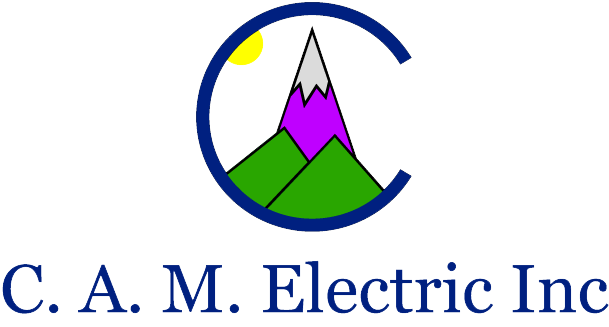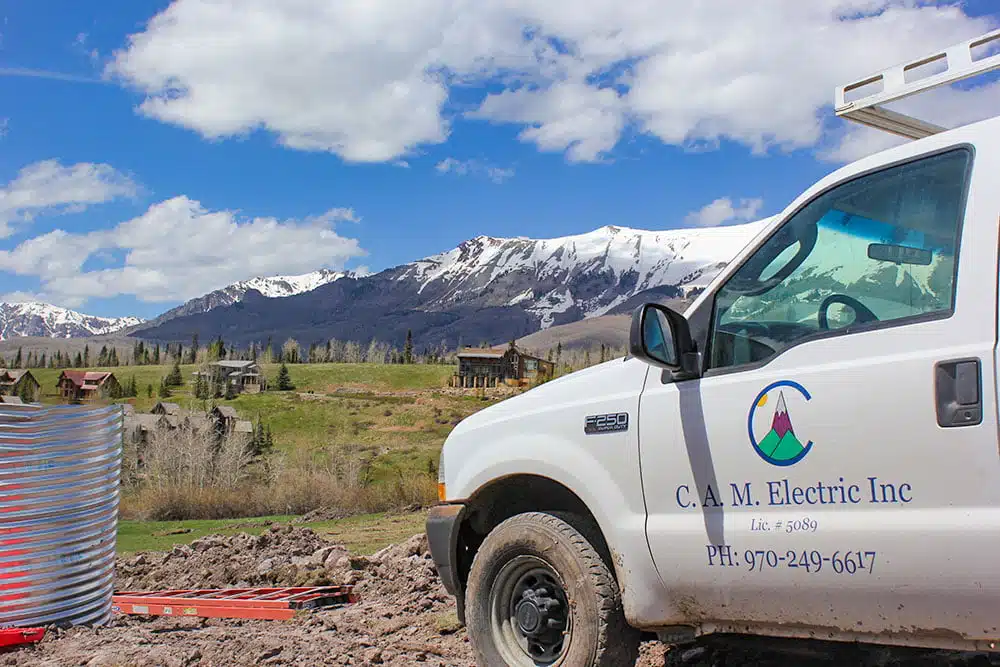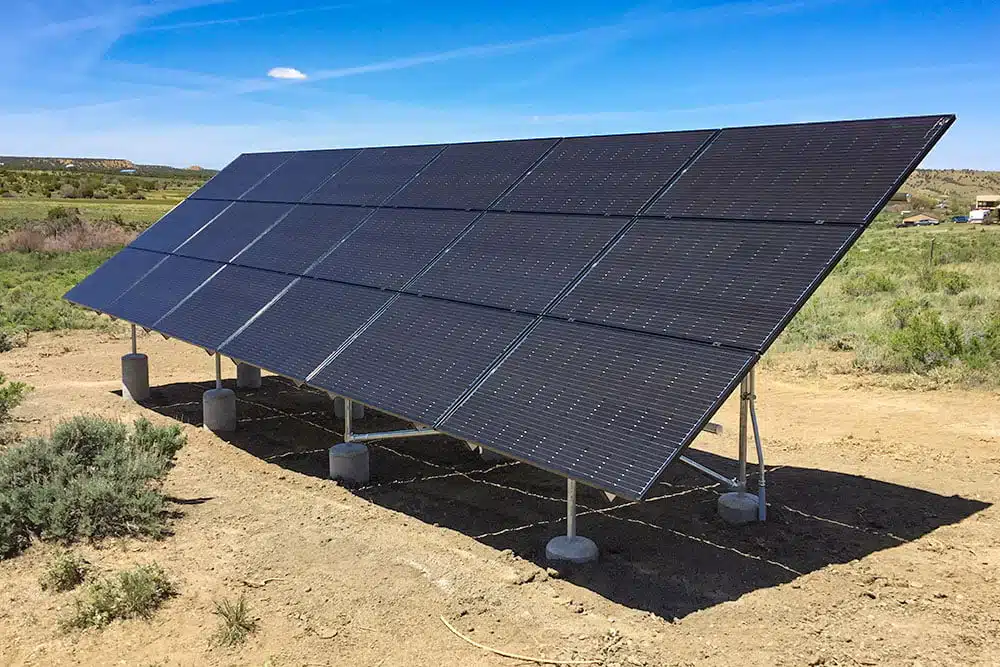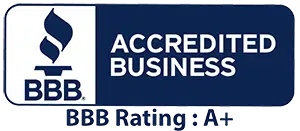Solar FAQs
Discover answers to common questions about solar energy with C.A.M. Electric’s Solar FAQs section, designed to provide clarity and guidance on your renewable energy journey.
Yes! Please see our Solar Incentives and Financing page to learn more about financing options.
The cost of solar can vary widely depending on the size and complexity of an installation. For residential systems, a small easy installation can cost $12,000 while a larger more complex installation can be as much as $60,000. If batteries are added, the cost will be higher. Keep in mind 30% of this cost can be taken off your taxes by taking advantage of the residential clean energy tax credit. More information about the credit can be found here.
Everyone has different electrical loads in their home and use electricity very differently. C.A.M. Electric will look at your household’s or business’s historical usage and put together a custom quote to be able to answer this question specific to you.
HOA’s have very little authority over a solar installation on your property, thanks to Colorado Revised Statue (CRS) 38-30-168 which states “A covenant, restriction, or condition, contained in any deed, contract, security instrument, or other instrument affecting the transfer or sale of, or any interest in, real property that effectively prohibits or restricts the installation or use of a renewable energy generation device is void and unenforceable.” There are some exceptions to this, but for the most part, Colorado State Law is on the side of personal property when it comes to solar installations.
Solar requires very little maintenance for its continued operation. Dust affects production and rain and snow will naturally clean solar modules. If it hasn’t rained and you notice your modules are getting dirty, you can hose them down. This should be done in the morning before the glass gets hot and is not advised if you have hard water.
Depending on how ready the customer is, the size of the solar system, and how busy we are, it can take as little as a month from the time you first contact us to when your system is turned on. Contact us now to see what our schedule is like.
Please visit our rebate page for the most current rebates.
If you feel the need to have back-up power for grid outages, then batteries are required. These systems often will only back up critical loads including refrigeration, some lighting, some receptacles, internet, garage doors, heating controls, etc.
No. Most solar system do not have batteries. These are called Grid-Interactive solar systems. These systems are less expensive and provide the best ROI, but do not provide power if the grid has an outage.
Net Metering is how your utility company credits you for your solar generation. When you produce solar first, your home will use solar to power electrical loads. Any excess solar generation will be sent through your electric meter and will be net-meter by your local utility. You will be given a credit on your bill for all electricity sent back to the utility. Utility companies have different net metering policies. Contact us to learn more about how your electric co-op net metering solar.
Solar works when sunlight hits photovoltaic modules and “excites” electrons. These electrons are captured in wires and directed towards an inverter. The inverter converts the DC power that is created into usable AC electricity. The inverter is typically connected to your house electrical loads through a breaker that is added to your existing electrical panel. When the sun is shinning your solar will power the electric loads in your house. When you produce more electricity than you consume the excess is sent though your electric meter to “The Grid”. Your local utility keeps track of all the electricity you send back through your meter and credits you for this production.
Do You Have More Questions?
Take the first step towards a sustainable future by reaching out to the Certified Solar Specialists at C.A.M. Electric, Inc. today. Contact us to learn more about solar installation and how it can benefit your home or business. Give us a call at (970) 249-6617 or fill out this form to get started on your solar project today.
By submitting my data I agree to be contacted



